There’s a plausible theory — recently rehearsed in the BBC’s excellent two-part documentary The Lion’s Last Roar? — that our war in Afghanistan was largely the creation of the Army, which sorely needed a renewed sense of military purpose after the debacle in Iraq. As a taxpayer, this appals me. As the parent of a boy approaching conscription age it horrifies me. But as an Englishman, it doesn’t half make me proud that we’ll still do anything — up to and including embroiling ourselves in a futile conflict — rather than admit we’re finished as a fighting nation.
Though we joke about having beaten Germany twice at their national sport in the first part of the 20th century, the truth is that we need our wars at least as much as they do. Yes, we know that war is hell: we’ve seen Saving Private Ryan and Fury; we’ve watched the funeral processions at Royal Wootton Bassett; we’ve been steeped since school in the poetry of Owen and Sassoon. But it’s never anywhere near enough to make us vow ‘Never again’ and perhaps the weekend’s commemorative programming offered an inkling as to why.
Take the Royal British Legion Festival of Remembrance (BBC1, Saturday) — a sort of military-themed variety show performed at the Royal Albert Hall before the Queen, the Duke of Edinburgh and the Prime Minister. It ought to have been excruciating: tacky, ponderous, bombastic. Despite such jarring combinations as a rock performance by Jeff Beck and Joss Stone, the puppets from War Horse and a sea shanty composed and sung by Jim Radford, the youngest man to have served in the D-Day landings (he was 15) — the whole affair was quite irresistibly moving. We love our military — and there’s an end to it.
I had my initial reservations, too, about Tony Robinson’s World War One (Discovery, Sunday). The premise, I feared, was a bit flimsy: here are some 3D photographs from the first world war that have never before been shown on television. (Wow!) Plus, of course, there was the inevitable concern that Labour luvvie Baldrick might impose all the fashionable bien-pensant preoccupations of the modern age on an era when people thought and felt very differently.
But I needn’t have worried. Of the myriad first world war documentaries I’ve seen this year, Robinson’s was one of the clearest and most accessible: a mix of travelogue, expert guidance (including some fine exegesis from Max Hastings, who doesn’t often do these things), re-enactors in 1914 kit (with the Tommy wearing a moustache — as, astonishingly, was compulsory for the first two years of the war) and enthusiastic accounts by battlefield tour guides. You came away with the — probably correct — impression that the first world war was entirely unnecessary. But it was never less than respectful towards — nor, on occasion, properly excited about — the courage, endurance and self-sacrifice of the poor sods at the sharp end.
Then there was The Great War: an Elegy — a Culture Show Special (BBC1, Saturday) in which Simon Armitage examined the war from the perspective of seven characters, including a nurse, a captured flier who’d successfully tunnelled out of his PoW camp, and a remarkable fellow called Arthur Heath, one of the most brilliant intellectuals of his generation, who had been killed at 28.
For each one, Armitage wrote a poem (he’s good: perhaps too good ever to be poet laureate), my favourite of which was the one inspired by Heath, meditating on the vast array of talent so cruelly and pointlessly snuffed out before its time, and what these people might have achieved if only they had lived. ‘The faint of heart won’t want to trawl through a mud bath strewn with body parts. An architect’s hand, a surgeon’s rib, an explorer’s foot still laced in its boot, the flaxen shock of an actor’s hair, an artist’s eye, a composer’s ear…’
The average life expectancy of a junior officer in the trenches was six weeks. How would any of us, placed in such a situation, come to terms with the imminence of our demise? Heath had a pretty decent shot in a letter to his mother. He wrote: ‘We make the division between life and death as if it were one of dates — being born at one date and dying some years after. But just as we sleep half our lives, so when we’re awake, too, we know that often we’re only half alive. Life, in fact, is a quality rather than a quantity… The first time I heard Brahms’ Requiem remains with me as an instance of what I mean… Now if such moments could be preserved, and the rest strained off, none of us could wish for anything better… And just as these moments of joy or elevation may fill our own lives, so, too, they may be prolonged in the experience of our friends, and, exercising their power in those lives, may know a continual resurrection.’
And now, here we are a century later, appreciating Heath’s wonderful insight in a way I’m sure he never imagined when he wrote that letter. So maybe he didn’t die in vain, after all.
Got something to add? Join the discussion and comment below.
Get 10 issues for just $10
Subscribe to The Spectator Australia today for the next 10 magazine issues, plus full online access, for just $10.
You might disagree with half of it, but you’ll enjoy reading all of it. Try your first month for free, then just $2 a week for the remainder of your first year.


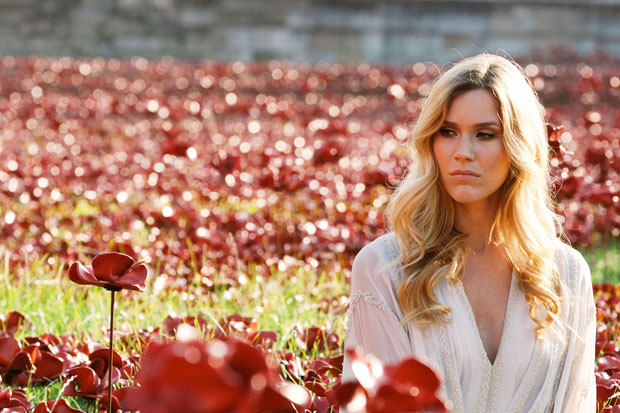
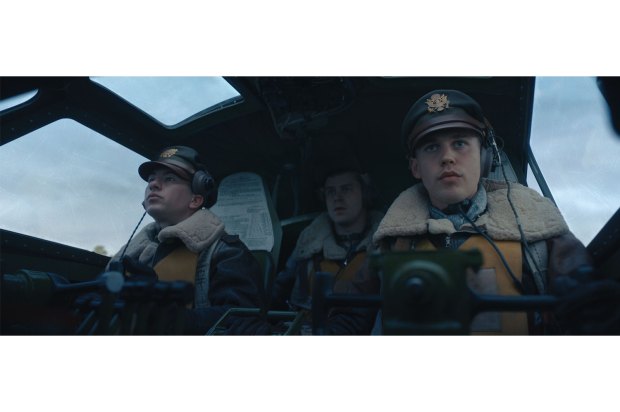
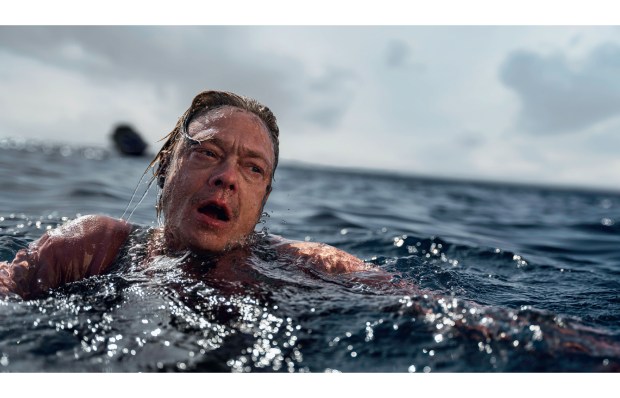
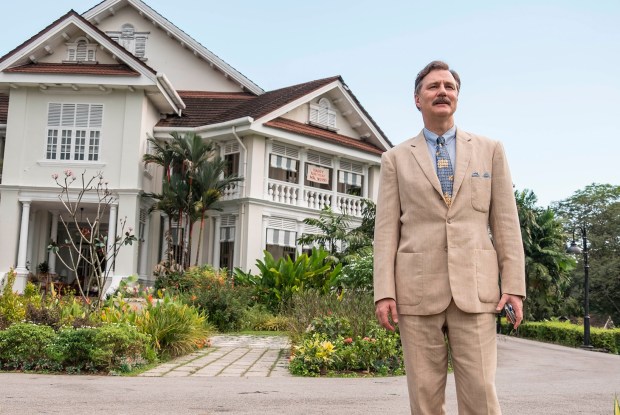

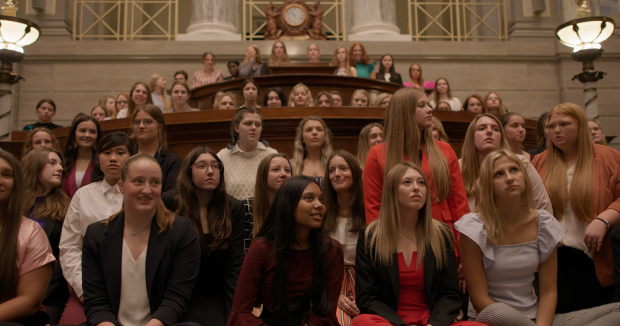







Comments
Don't miss out
Join the conversation with other Spectator Australia readers. Subscribe to leave a comment.
SUBSCRIBEAlready a subscriber? Log in